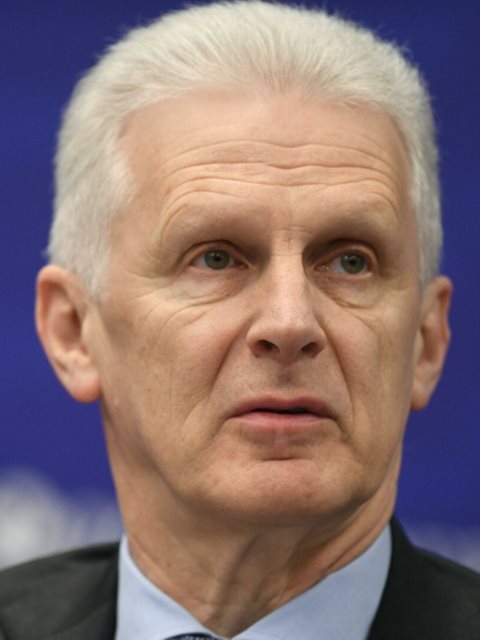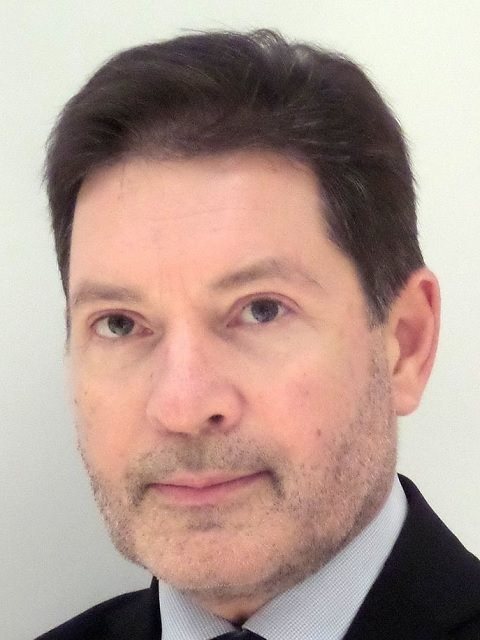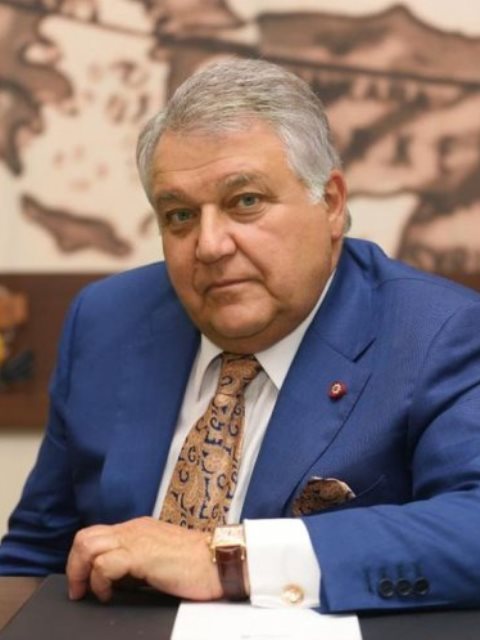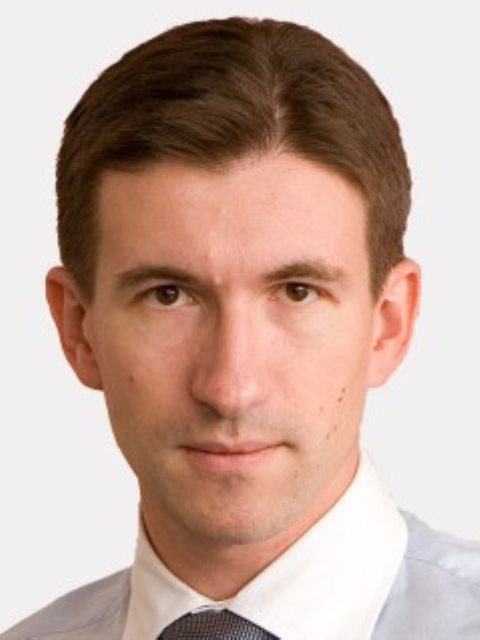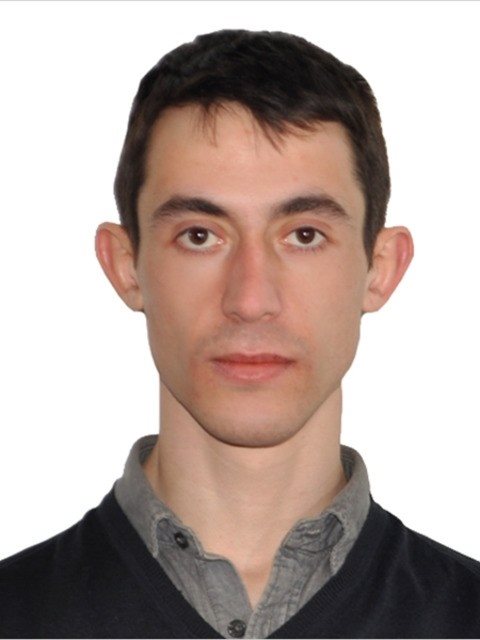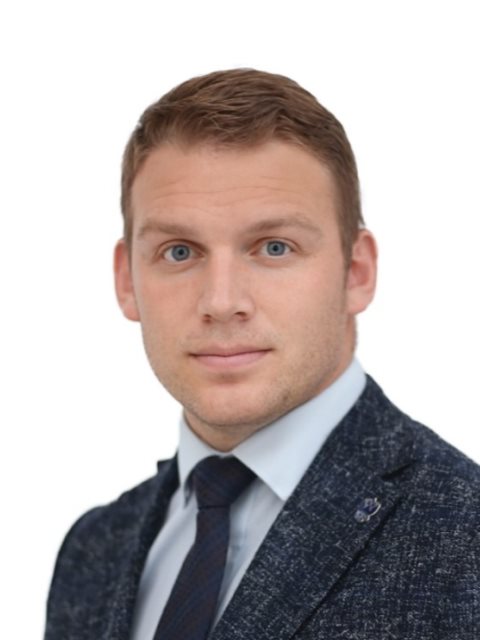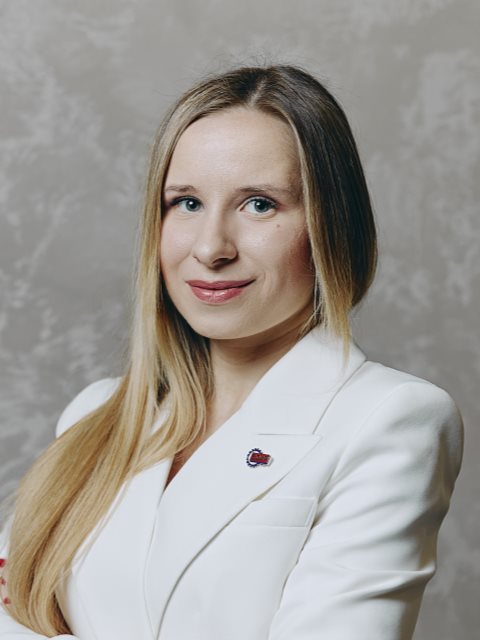Major Challenges of the Science and Technology Decade
The world has been pursuing the logic of globalization for several decades. Science and technology have both reflected and shaped this trend as symbols of openness. However, in recent years, certain leading technological countries (primarily the United States) have begun regularly restricting international cooperation (from the conditions for providing grants to participating in expert examinations). Even at the end of 2021, sanctions had been imposed on several Russian universities. This is a completely new situation for science: even during the Cold War, this sphere remained a space for interaction between the adversaries and often took on the role of a mediator and conduit in terms of diplomacy. Over the next ten years, science will clearly face changes that are just as radical as they were in the first half of the 20th century (from scientific breakthroughs to radical changes in the organization of science). With this in mind, the Russian president has announced the Decade of Science and Technology in Russia, which could become a turning point not only in the development of the country, but the world as a whole. As part of the measures of this Decade, several fundamental questions will have to be answered: how effective is the model used to select priorities based on the logic of major challenges? Is it possible in the current environment to ensure the country’s independence and competitiveness and offer effective tools for generating economic benefits from the implementation of ideas? How can we create a system to organize science that is appropriate for the times and aims not simply to meet gross indicators, but to also solve specific problems? Finally, can Russia be more pragmatic in its search for new foreign partners?
Moderator
Andrey Fursenko,
Aide to the President of the Russian Federation
Panellists
Ibrokhim Abdurakhmonov,
Minister of Innovative Development of the Republic of Uzbekistan
Dmitry Artyukhov,
Governor of Yamalo-Nenets Autonomous Region
Andrey Bezrukov,
President, Technological Sovereignty Exports Association; Professor, Department of Applied International Analysis, MGIMO University
Mikhail Kovalchuk,
President, National Research Centre ‘Kurchatov Institute’
Alexander Mazhuga,
First Deputy Chairman of the Committee of the State Duma of the Federal Assembly of the Russian Federation for Science and Higher Education
Mikhail Pogosyan,
Rector, Moscow Aviation Institute (National Research University); Chairman, Commission on Education and Science, Public Chamber of the Russian Federation
Grigoriy Trubnikov,
Director, Joint Institute for Nuclear Research
Dmitry Chernyshenko,
Deputy Prime Minister of the Russian Federation
Front row participants
Sergey Adonin,
Professor, Leading Researcher of the Institute of Inorganic Chemistry named after A.V. Nikolaev Siberian Branch, Russian Academy of Sciences
Kirill Babaev,
Director, Institute of Far Eastern Studies of the Russian Academy of Sciences (IFES RAS)
Viktor Ilgisonis,
Director of Scientific and Technical Research and Development, State Atomic Energy Corporation ROSATOM
Boris Korobets,
Acting Rector, Far Eastern Federal University (FEFU)
Yury Kostyukevich,
Senior Lecturer, Skolkovo Institute of Science and Technology (SkolTech)
Vladimir Lazarev,
Head of the Laboratory of Stabilized Laser Systems, Photonics and Infrared Technology, Moscow State Technical University named after N.E. Bauman National Research University
Nikita Marchenkov,
Chairperson, Coordinating Council for Youth Affairs in the Scientific and Educational Spheres of the Council under the President of the Russian Federation for Science and Education
Elena Pronicheva,
Director, The Polytechnic Museum
Olga Tarasova,
Chairperson, Youth Council, All-Russian Society of Inventors and Rationalizers




